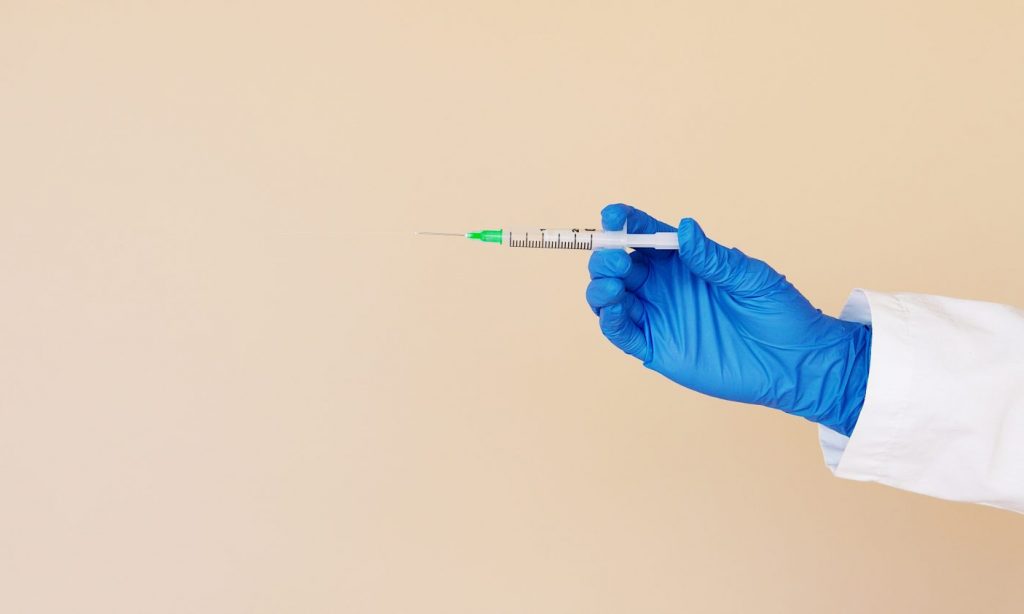
Side effects from COVID-19 vaccines range from the barely noticeable, which is fortunately the case for the majority of people, to vomiting and flu like symptoms. And now, to complicate things, a new study reveals that women are experiencing negative reactions to higher degrees.
The study, conducted by researchers from the Centers for Disease and Control Prevention, analyzed data from the first 13 million vaccines distributed in the U.S. And even though only 61% of women had received vaccinations, 79% of side effects were reported by them. Ouch.

A closer look shows all 19 people who experienced anaphylaxis (a severe allergic reaction) after receiving the Moderna vaccine were women. So were 44 of the 47 people who experienced the reaction after receiving the Pfizer vaccine.
Strangely enough, these kinds of findings are common in data gathered from vaccination studies. “This sex difference is completely consistent with past reports of other vaccines,” microbiologist Sabra Klein told the New York Times.
RELATED: Dr. Fauci Says You Should Avoid Doing This Right Now
While it’s tough to say why this happens, health experts have some theories that could provide some explanations. Amesh Adalja, M.D. explained to Health magazine that women might be more likely to report their symptoms when compared to men. Still, experts think this theory isn’t sufficient to explain why this happens so pervasively.
Dr. William Schaffner says that women are more likely to develop autoimmune diseases, having a more reactive system. Estrogen appears to “jazz up” the immune system while testosterone does the opposite. “There is a real difference between immune reactions between men and women,” Dr. Schaffner said. “We in the medical community haven’t studied that as thoroughly as we ought to.”
RELATED: The COVID-19 Vaccine Might Be Messing With Your Mammogram
Another influencing factor could be the dosage. Women usually need a smaller dosage of a vaccine to get an effect, while recommended drug dosages are historically based on trials conducted on male participants.
What all health experts agree on is that it might help women if they’re healthcare providers explain the potential side effects, and that these reactions are normal and are just the way in which their immune systems are battling off an infection and producing the response needed to create a protection for it.





